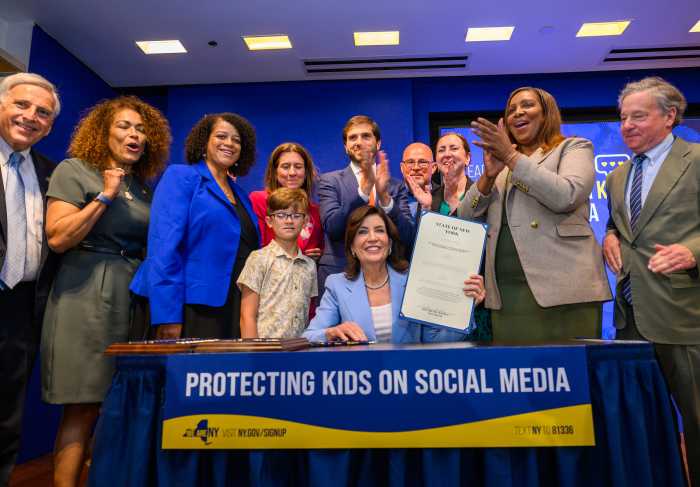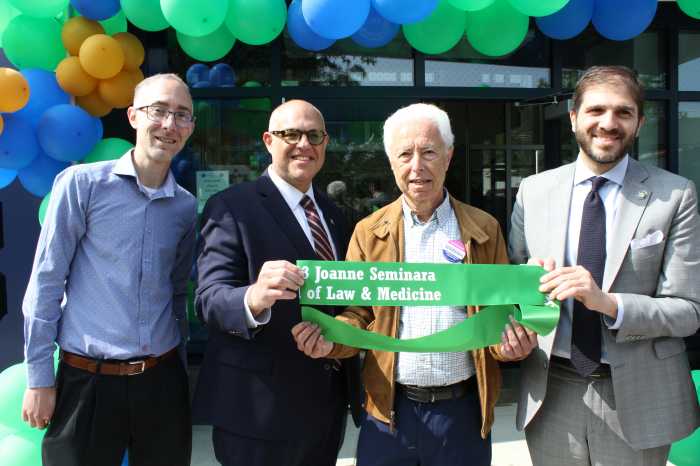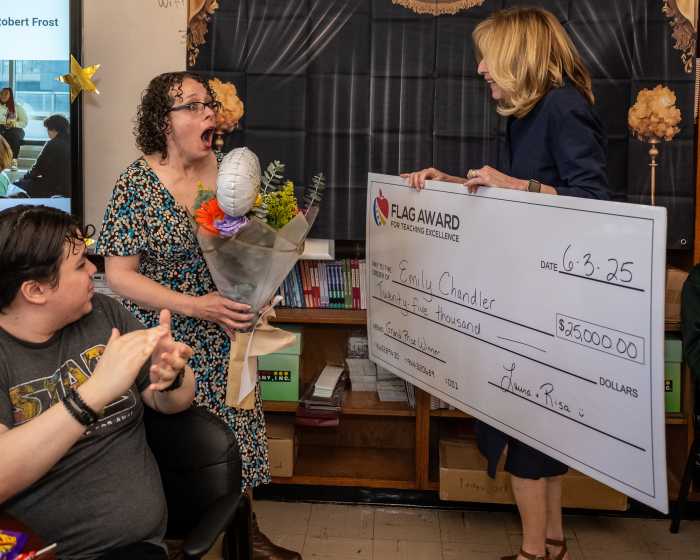I recently visited my mother and she tasked me to go through her books and take some home. On her shelf I found “The Giving Tree,” by Shel Silverstein, a modern fable about a tree who loves a boy and gives him everything, her apples, branches, and trunk, until she, the tree, is just a stump. All the tree wants is for the boy to be happy. It is a favorite story of my mother’s, but one with which I have an ambivalent relationship.
The book came out just before my second birthday, the same year my mother’s father died. I think the story of unconditional love certainly spoke to her at that time of intense family emotions.
There is something appealing in the vision of parenthood where you give selflessly, are always there when your child returns, and always ready to give more.
I find that urge in myself, wanting to give my daughters everything they want. Sometimes that has been good, like driving them through traffic to Six Flags or sending them to summer camp, staying up late to finish cupcakes for school, or making waffles on weekend mornings.
Sometimes, though, I have to catch myself.
No, I won’t buy liquor for a party. No, you can’t spend an entire summer doing nothing. Although there is a part of me that wants to say, “Yes, yes, yes, I’ll help you do whatever you want,” there is another part that can say “No.” I understand my role is not simply to make my kids happy, but to give them the tools to be fulfilled adults, which means learning how to cope with disappointments and setbacks.
It is hard to compare one generation of parents with another. Circumstances and values certainly change. My mother’s parents were gone by her 40th birthday. Families were bigger but with weaker ties — siblings and children could move away or die, communication could be difficult and relationships often withered.
As much as I appreciate the parent my mother was and continues to be, I don’t want to be that same parent. The experiences I value about being a parent are different. Also, I’m a little selfish — I look at the end of “The Giving Tree” and I know I don’t want to end up a stump, useless except for my uncaring child to come and sit on.
To give until you have nothing left to give is, frankly, exhausting.
A simple fable can’t capture the complexity of a life. Talking to my mother on Mother’s Day, I was reminded of her independence. She had a busy weekend and dinner with friends.
Still, I heard her longing. As the story goes, “ ‘Well,’ said the tree, straightening herself up as much as she could. ‘An old stump is good for sitting and resting. Come, Boy, sit down. Sit down and rest.’ ”
As thankful as I am for my mother, if I keep my branches, leaves, and apples, I will have so much more to offer my children.
And the book? Well, I left that on my mom’s shelf.

























